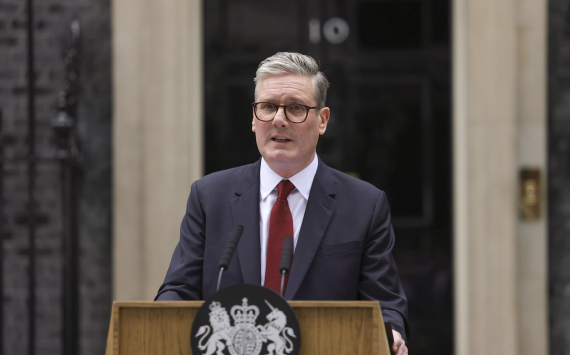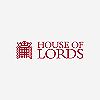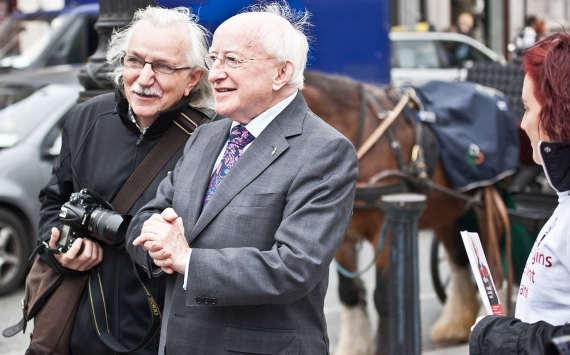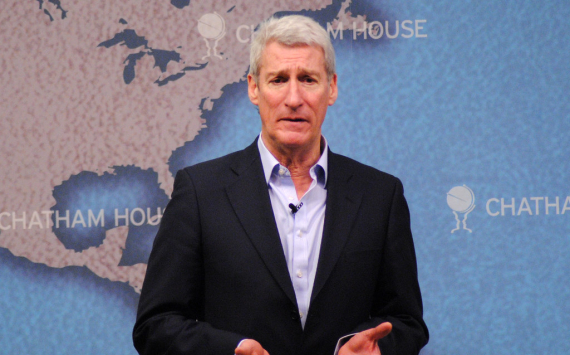
Starmer's Bold Plan
Sir Keir Starmer used his first King’s Speech to enhance workers’ rights, empower trade unions, and strengthen tenant protections while pledging economic growth. The legislative plan includes applying VAT to private school fees and retaining Rishi Sunak’s phased cigarette sales ban.
The Labour leader aims to prioritize economic growth despite potential tensions with new trade union laws. He denounced the “snake oil charm of populism,” asserting that his proposed laws would “fix the foundations of this nation for the long term.”
Sir Keir’s King’s Speech, outlined in a 100-page document, mirrors his party’s election manifesto with public rail ownership, a ban on conversion therapy, and relaxed planning laws for housing. Notably absent are votes for 16- and 17-year-olds and mandatory retirement at 80 for House of Lords members.
In his opening remarks, Sir Keir sought to end 14 years of Conservative rule. He said, “My Government will be committed to uniting the country in our shared mission of national renewal. We will serve every person, regardless of how they voted, to fix the foundations of this nation for the long term. The era of politics as performance and self-interest above service is over.”
The cigarette sales ban, initially proposed by Mr. Sunak, faced backlash from Tory MPs but had health professional support. Though it passed an early vote, it stalled when Sunak called a general election. Reintroducing the bill, Sir Keir’s Labour majority suggests its likely passage.
The Labour prime minister has delivered the first King's Speech from the party in 15 years, unveiling key legislative measures:
- Budget Responsibility Bill: Requires the Chancellor to consult the Office for Budget Responsibility.
- Planning and Infrastructure Bill: Eases the process for council home-building.
- Border Security Bill: Targets people-smuggling gangs.
- Great British Energy Bill: Establishes Great British Energy to support the transition to Net Zero.
Mr. Sunak, still Conservative leader during the transition, pledged to hold the Labour government accountable: “In the national interest, we will serve as an effective opposition. We will not oppose for the sake of it, but when we disagree with what the government is doing, it is our responsibility as the opposition to say so.”







































